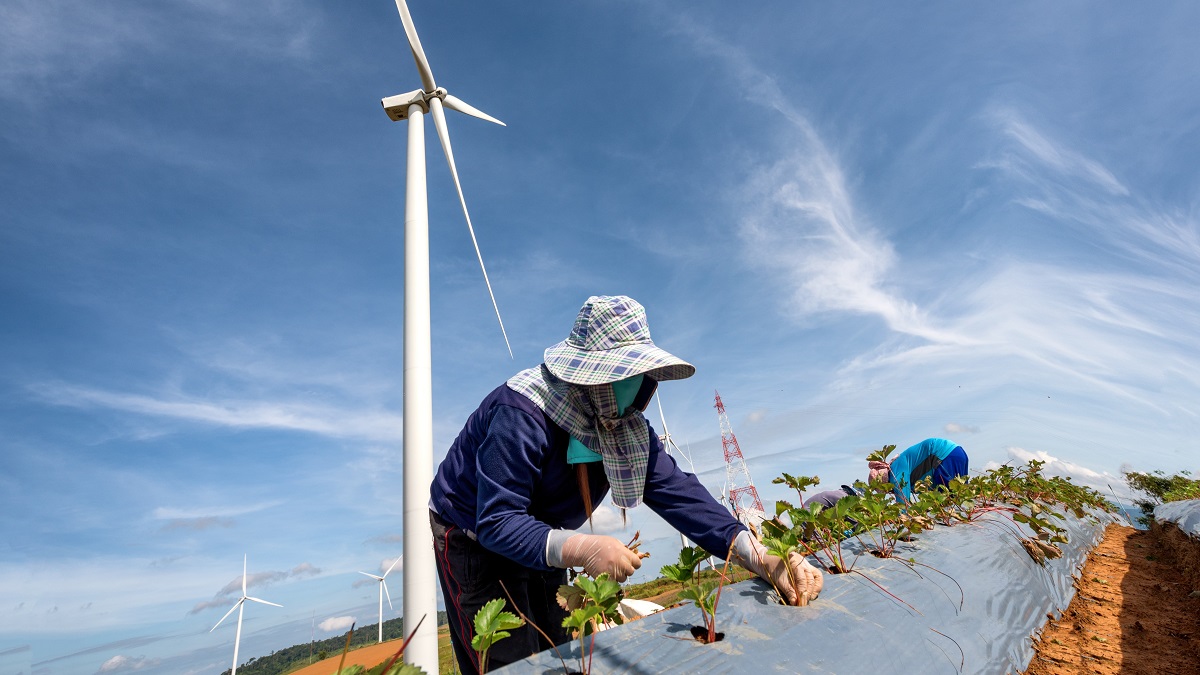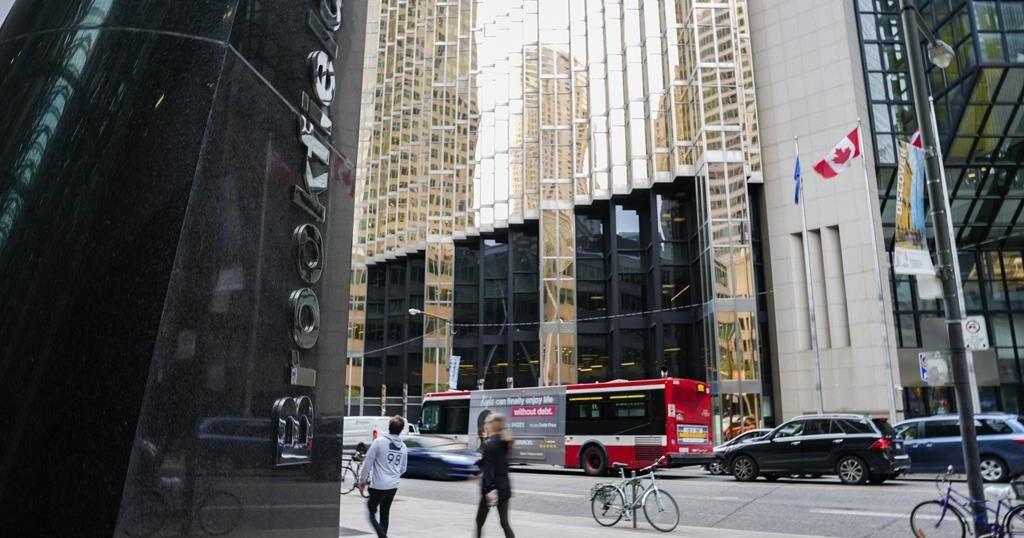UNCTAD in collaboration with the World Trade Organization (WTO) and in partnership with Egypt’s COP27 Presidency organized a high-level forum on global investment and trade for climate transformation on 9 November at this year’s UN climate summit.
High-level policymakers, heads of international organizations and private sector leaders at the forum called for collective solutions, multilateral cooperation and coherent action to tackle climate change.
They underscored the role of trade and investment in supporting a just low-carbon transition and climate transformation and outlined ways and means to contribute to climate change mitigation and adaptation in line with the Paris Agreement.
“What we need is a roadmap and a global alliance that gives us clear directions for how to maximize the contribution of the international trade and investment system to fight against climate change,” UNCTAD Secretary-General Rebecca Grynspan said.
WTO Director General Ngozi Okonjo-Iweala said: “We need to build a coherent framework of trade and investment policies and roadmaps that can accelerate the energy transition and boost re-investments.”
What a low-carbon transition needs
Scaling up predictable climate financing, decarbonizing the logistics of trade and global value chains, and boosting green investments are crucial for the transition to a low-carbon economy.
Climate change has a considerable impact on global value chains and international production networks by affecting trade flows and specialization, disrupting distribution, transport, supply chains and raising transaction costs.
The economic consequences of climate change will be unevenly distributed and especially felt in developing countries due to their high trade dependency and significant expected impacts of climate risks in these nations.
The consequences threaten the existence of many Caribbean, Pacific and Indian Ocean states and will also be dire in regions that specialize in food and agricultural products.
Growing and urgent need for more finance
The forum highlighted the growing and renewed urgency of mobilizing financial resources for investment in climate change mitigation and adaptation, especially in developing countries.
Investment in climate change mitigation, especially renewable energy, is booming but most of it remains in developed economies, while adaptation investment continues to lag well behind.
This is particularly worrying as emerging indicators point to possible setbacks in the energy transition, with increased fossil fuel production in countries previously committed to reducing emissions.
Trade can help lower the cost and improve the dissemination of climate technologies, goods and services in support of nationally determined contributions. It can also support the creation of new products, services and markets in the emerging new climate economy.
Investment and trade policies can and must be part of a global policy framework to achieve shared climate goals at the speed required by the climate emergency while ensuring a just low-carbon transition.

























